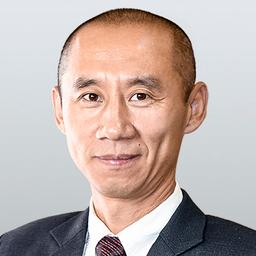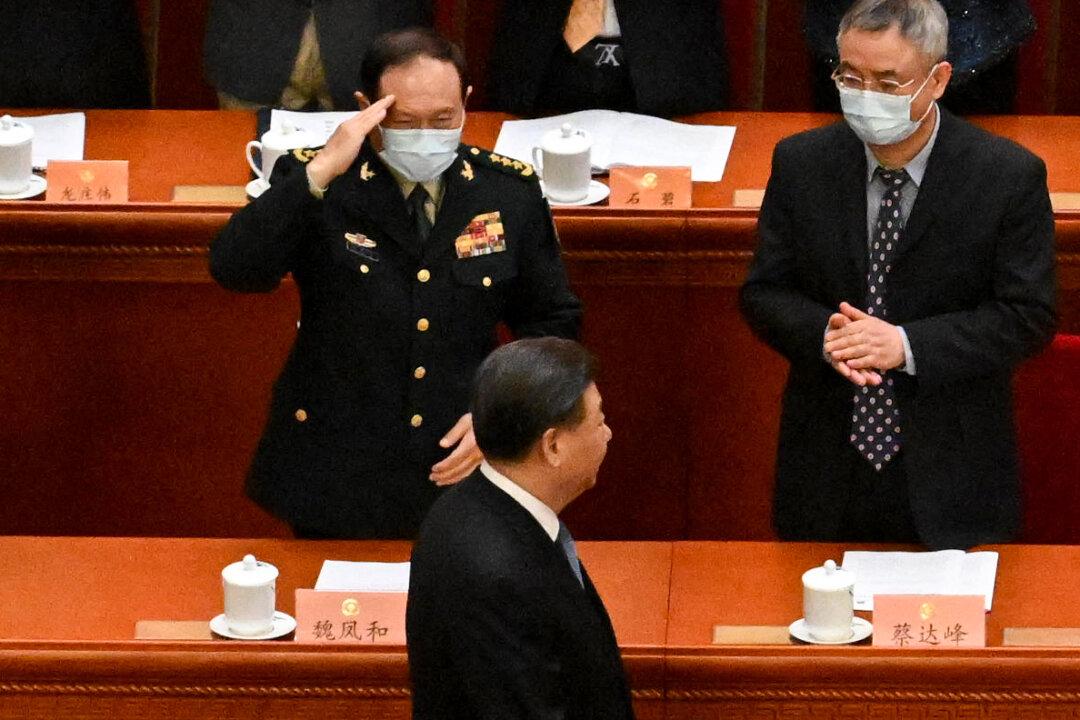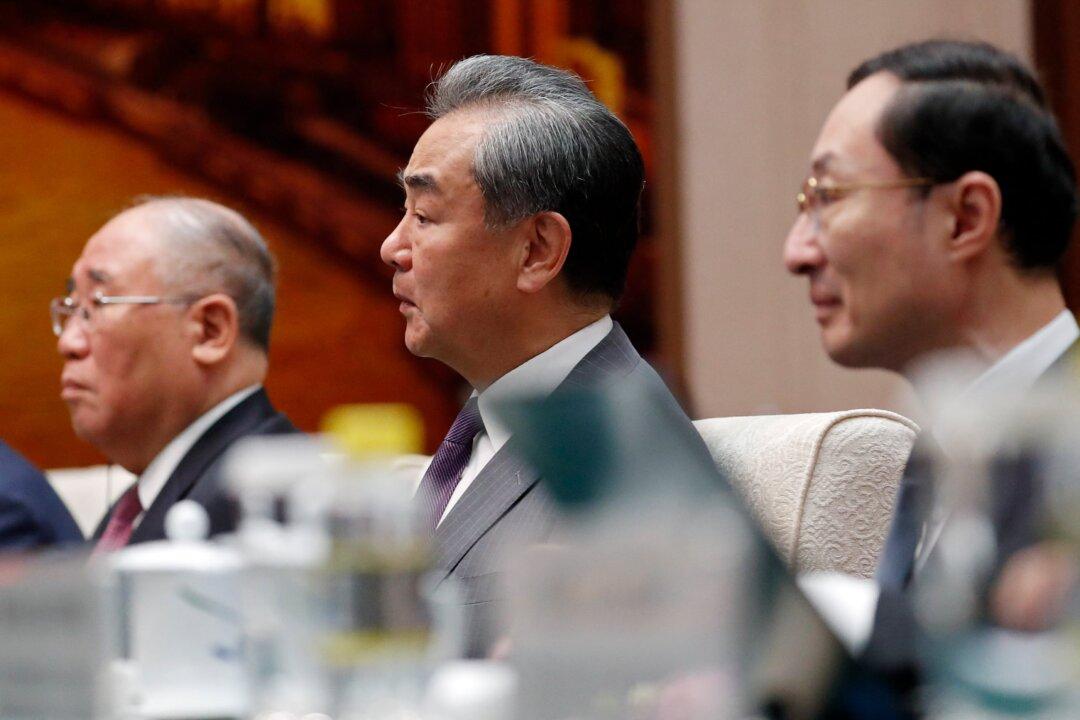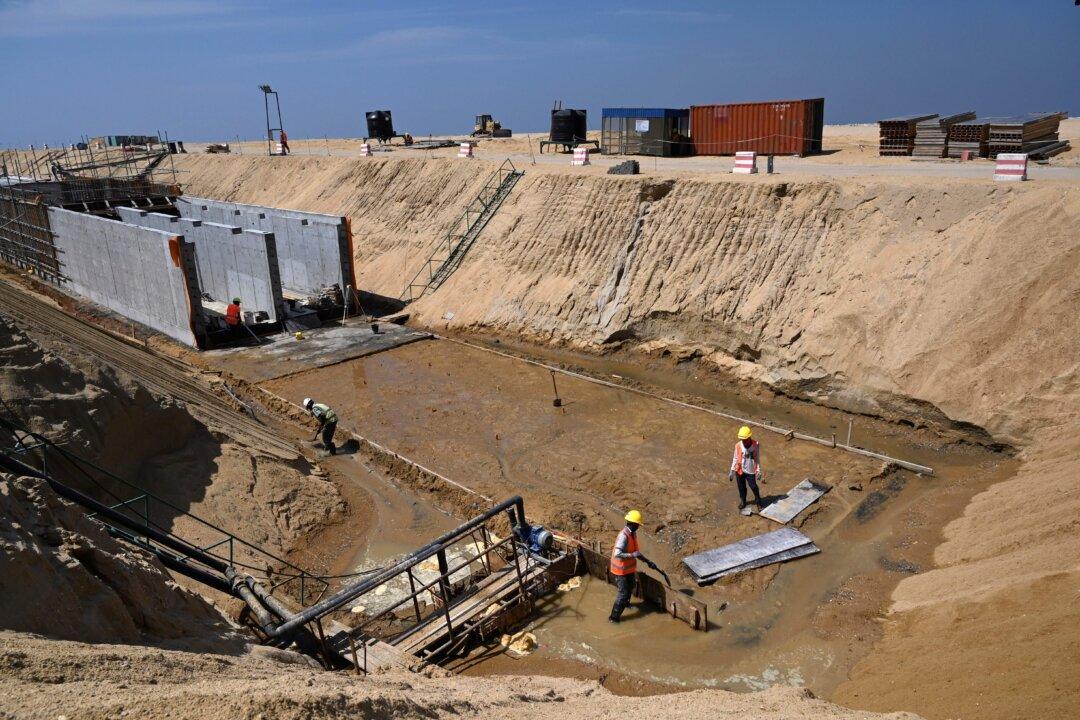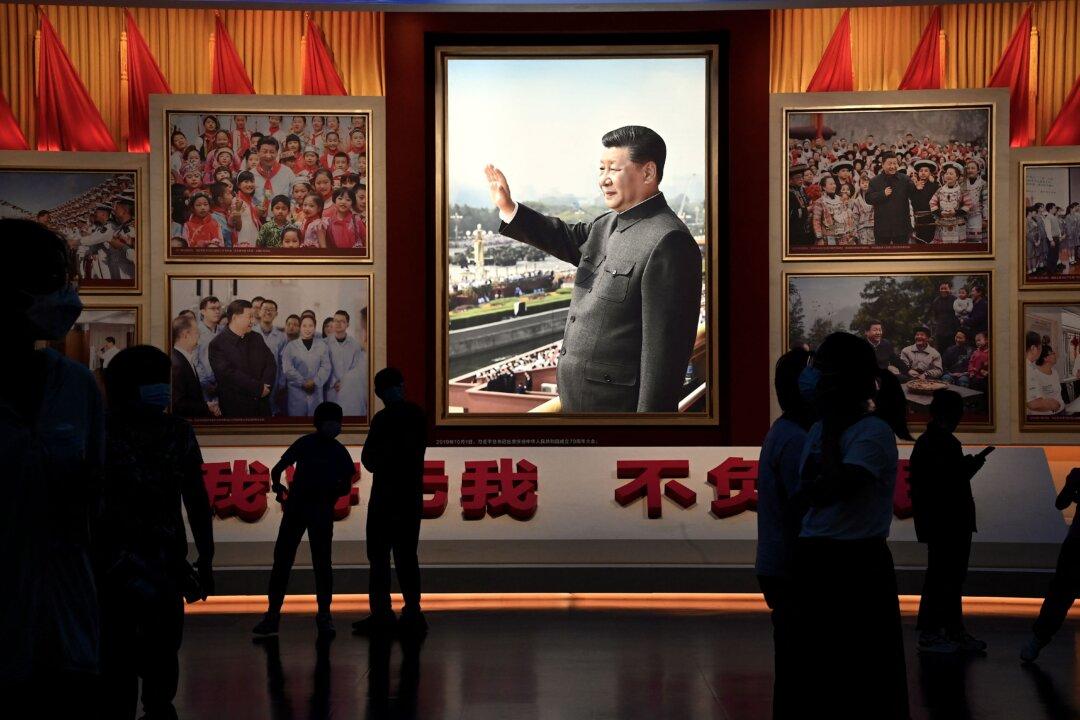Since the start of this year, the Chinese medical system has seen dozens of people terminated from their jobs amid a widespread “anti-corruption” campaign. The cleanup, which has affected numerous officials within government and public hospitals, is occurring at the same time that worldwide attention is turning to the regime’s forced harvesting of human organs.
“The live harvesting of organs is beyond the moral limits of humanity,” Japanese political commentator Chao Jie told The Epoch Times. “The purge of officials in the health care system today can also be considered a kind of retribution.”
During the tenure of former Chinese leader Jiang Zemin (1993–2003), the Chinese Communist Party (CCP) began its brutal persecution of the Falun Gong community, which fueled a rapid expansion of the human organ transplant industry.
Falun Gong, also known as Falun Dafa, is a spiritual discipline that involves meditative exercises and a set of moral teachings centered on the principles of truthfulness, compassion, and tolerance. It expanded in popularity in China in the 1990s, with an estimated 70 million to 100 million people practicing by the end of the decade.
Deeming that popularity a threat, then-leader Jiang initiated a sweeping persecution campaign against Falun Gong adherents aimed at eliminating the practice.
In 2000, as part of the repression campaign, the CCP began systematically harvesting and selling organs from detained Falun Gong practitioners. The nation’s medical system became deeply involved in forced organ harvesting.
CCP Cleans House in Medical Industry
After Xi Jinping took office in 2012, he started an “anti-corruption” campaign to purge rival Jiang’s faction. Many medical officials associated with the Jiang faction began losing their jobs.From January through August of this year, the CCP’s cleanup of medical leadership led to the dismissal of dozens of high-ranking officials—from central medical administration to local government medical departments.
Wang Binquan, former director of the First Hospital of Shanxi Medical University, was expelled from the Party and public office on July 22. He was accused of conducting serious duty violations and accepting various bribes.
Zhang Zhikuan, Party secretary and director of the Beijing Food and Drug Administration, was placed under supervisory investigation, the regime sources reported on March 27. He is suspected of serious disciplinary violations.
Forced Organ Harvesting Continues to Draw Worldwide Attention
Although this stepped-up “anti-corruption” campaign might indicate otherwise, forced organ harvesting continues, and it remains a focus of world attention.The CCP’s long history of harvesting the organs of Falun Gong practitioners is well-known outside of China.
The article references one organ procurement method in which doctors induce cardiac arrest so as to perform a cardiac resection on people whose hearts are fully functional.
“These heart-beating donors were not heart-beating brain-dead organ donors,” the article reads. “This means that the condition of these donors neither met the criteria of brain death nor that of cardiac death.
A Telltale Short Waiting Period
The short waiting period for organs in China is thought by many to indicate that people are being detained so their organs can be harvested on demand.Surfeit of Organs
In addition to China’s exceptionally short waiting time for a suitable organ, some Chinese transplant patients are offered multiple organs simultaneously.The first heart became available on June 16, but the surgeon performing the operation decided its coronary artery was unsuitable, and the heart was rejected. The second heart was received on June 19 but was also rejected because Sun was feverish that day, and the procedure had to be postponed.
Two additional hearts arrived at the hospital on June 25. The surgeon selected one and rejected the other as not sufficiently strong.
However, these cases are happening in China on a daily basis.
Mu’s case was reported by the Chinese media because his colleagues were raising funds for his surgery cost. Sun’s story was reported as Chinese propaganda, to illustrate the regime’s supposed superiority over Japan. Official media outlets carried headline stories touting Sun’s brief wait for a transplant, compared to the lengthy waiting period in Japan.

